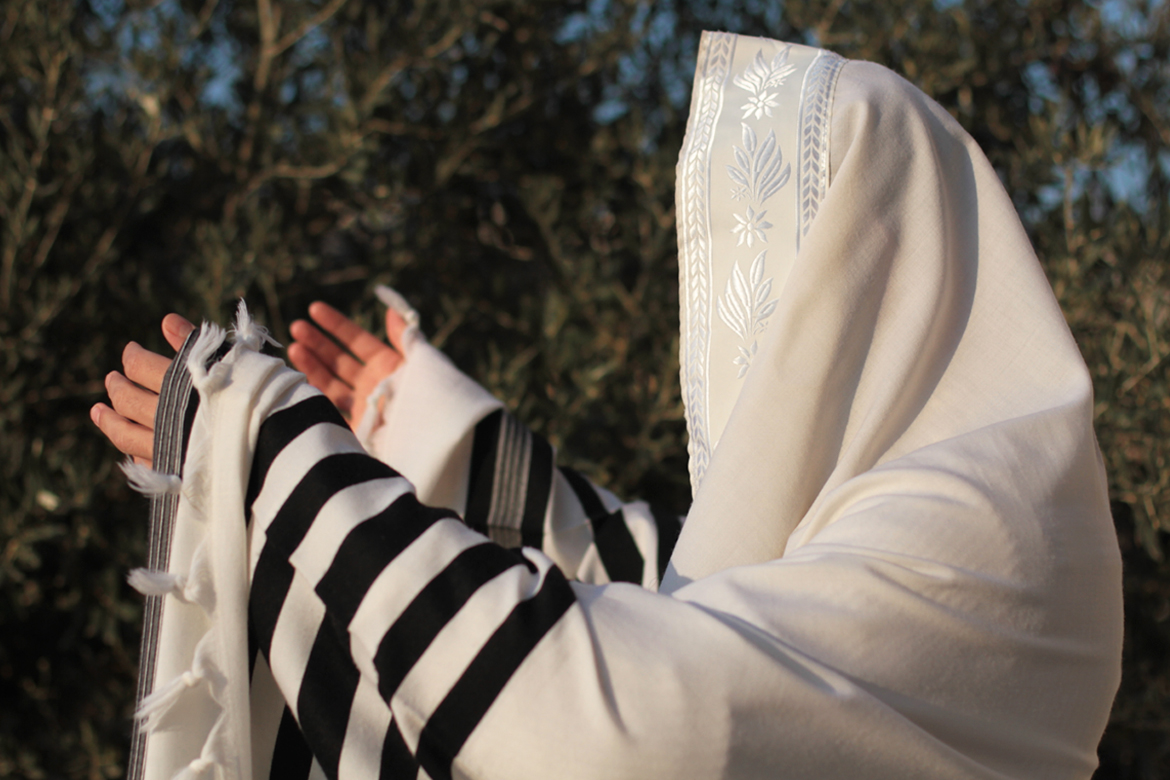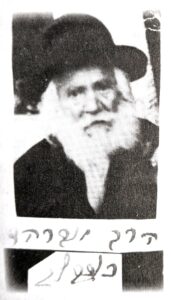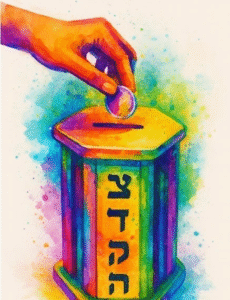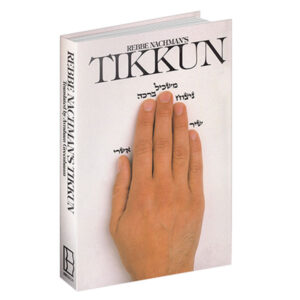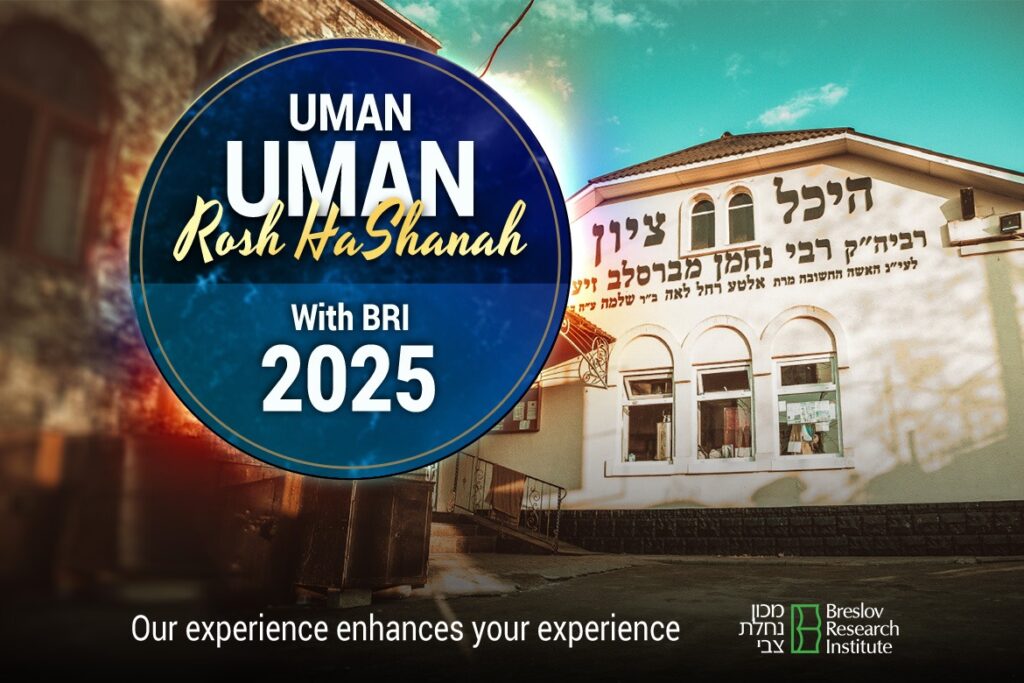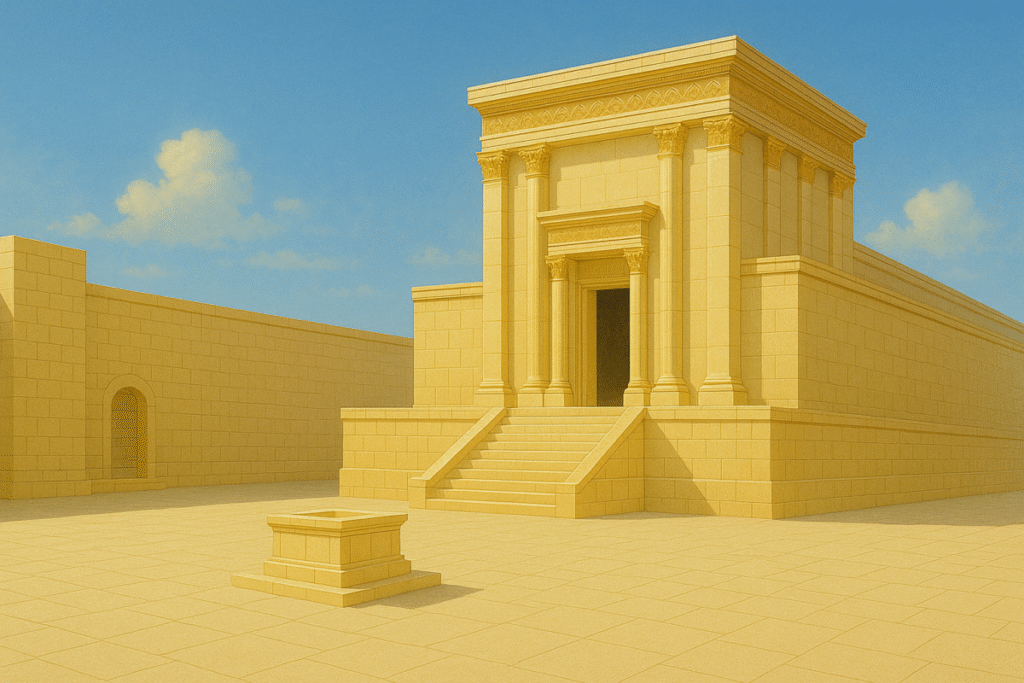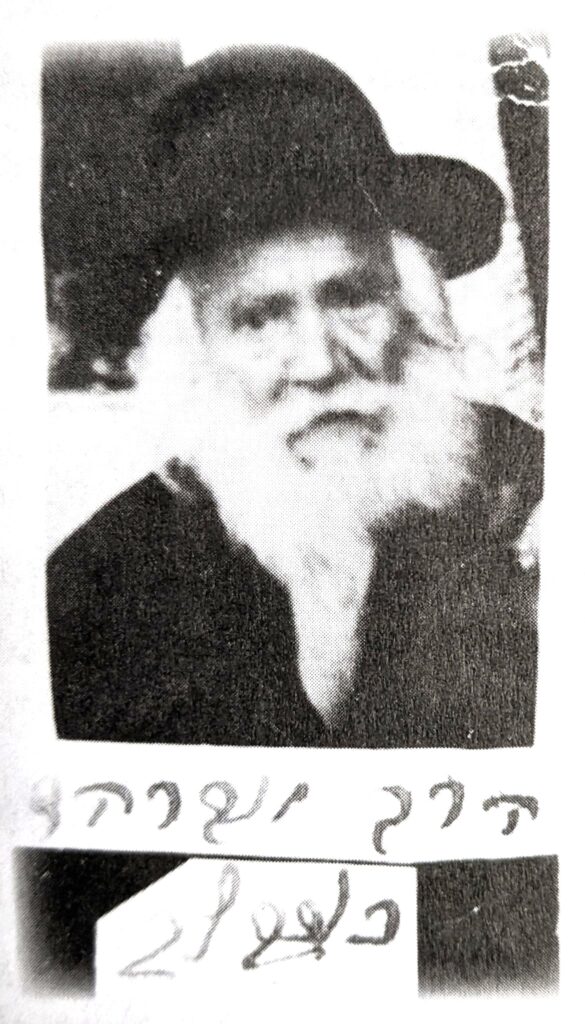TORAH AND PRAYER
“All that God has declared, we will do and we will hear!”. Does this make sense? Who can do before he hears what has to be done?
“Turn from evil and do good…” (Psalms 34:15).
Reb Gershon of Terhovitza once complained to Rebbe Nachman that it was difficult for him to serve God. The Rebbe answered him: “Just occupy yourself with doing good! The good will remain and the bad will fall away!” (Tzaddik #447).
There are very few mitzvot with which we can so totally and consistently occupy ourselves as with Torah study and prayer. Shabbat comes only once a week, the Festivals even less frequently. Giving charity and other acts of kindness are dependent upon having the opportunity and means to perform them. Even most daily mitzvot have specific times and constraints. Not so Torah study and prayer, in which a person can engage just about whenever and wherever he wants. Therefore, we find numerous selections of Rebbe Nachman’s teachings dealing specifically with these two mitzvot. In addition, vis-à-vis the other mitzvot, both Torah and prayer serve a more comprehensive, encompassing purpose: without Torah study, it is impossible to know what to do, even when one wants to perform the mitzvot and without prayer, it is all but impossible to perform the mitzvot with complete joy and devotion.
“All that God has declared, we will do and we will hear!” (Exodus 24:7). Does this make sense? Who can do before he hears what has to be done? In this verse, the word “hear” means to understand. Thus, the Jews would first fulfill the mitzvot and then come to understand them. “When the Jews said: ‘We will do and we will hear!’ 600,000 angels descended and adorned each Jew with two crowns, one for do and one for hear” (Shabbat 88a). These two crowns correspond to Torah and prayer. Torah is that which is revealed to us, it is what we can do. Prayer corresponds to what we can hope to achieve, as we progress higher and higher in our understanding, in our ability to hear (Likutey Moharan I, 22:9).
Without Torah study, it is impossible to know what to do, even when one wants to perform the mitzvot and without prayer, it is all but impossible to perform the mitzvot with complete joy and devotion.
Whenever Rabbi Nechunya entered the study hall he would recite a short prayer: “Please God, help me so that I do not err or be the cause of an error; let my colleagues rejoice with me; let me not issue an incorrect decision: ruling neither impure, pure, nor pure, impure; keep my colleagues from error; and let me rejoice with them.” When leaving the study hall he would pray: “I thank You God that You cast my lot amongst those who sit in the study hall and haven’t cast my lot amongst those who hang around idly chatting. I wake up and they wake up. I wake up to study Torah; they wake up to waste time. I labor and they labor. I labor and receive reward; they labor and receive no reward. I run and they run. I run towards the World to Come; they run towards the Pit of Waste” (Berakhot 28b).
Come see the beauty of our holy Torah! Rabbi Nechunya’s short prayer contains all the teachings fundamental to serving God. When entering the study hall, he prayed a simple prayer. He asked that he and his friends rejoice with each together. In requesting that he not err, he was asking to be guided to the truth. He also requested this for his colleagues, because he saw their good points and wished them success in their studies as well. Then, when departing, he enforced his faith and prayed that he not join those who sit idly chattering – those that do not have faith in Torah and in the World to Come. His prayers included these teachings, because they are the prerequisites for righteous Torah study and righteous prayer.
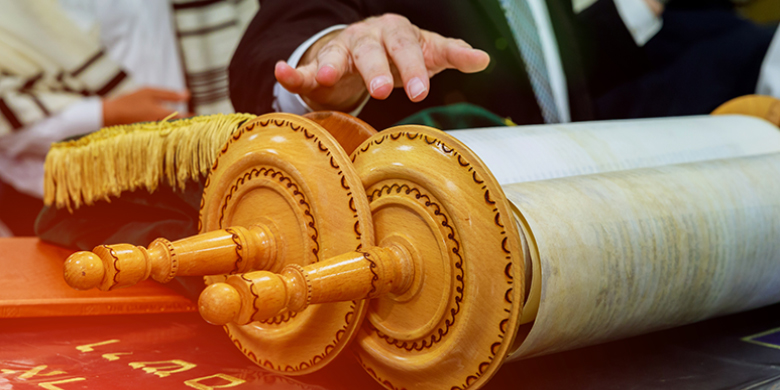
All the Torah that a person studies joins with his prayers to illuminate his words…
Reb Noson said that God gave us the Torah – the study of the laws of Torah – through Moshe Rabeinu. However, the Torah – the ways and means to actually feel and fulfill Torah – God gave us through Rebbe Nachman’s teachings (Kokhavey Or, p. 69 #5). (Torah refers not only to the Bible and Mishnah, but also to all the holy teachings transmitted to us by our righteous teachers throughout the generations)
Reb Noson also said that Rebbe Nachman’s way brought together the virtuous qualities of both the chassidim and the mitnagdim. In general, the chassidim of his day were very steeped in prayer, but were not deeply involved with Torah study. The mitnagdim, on the other hand, were entirely given over to Torah study, but not very devoted to prayer. Rebbe Nachman placed emphasis on both: Torah and prayer (on each individually, and on the inter-connection between the two) (Aveneha Barzel, p. 52 #10).
* * *
Rebbe Nachman teaches: All the Torah that a person studies joins with his prayers to illuminate his words. Torah strengthens and renews prayer; prayer strengthens and renews Torah study (Likutey Moharan I, 2:6). The fountain of Torah flows from prayer (Likutey Moharan I, 8:7).
There are two types of prayer: praying for one’s material needs and praying for one’s spiritual needs. When prayer focuses on the material, it is on a far lower level than the study of Torah. However, when prayer focuses on the spiritual, it is on a higher level than Torah. Yaakov symbolizes the Written Law, Rachel the Oral Law and Leah, spiritual prayer. Yaakov assumed that if he were to obtain a full understanding of Torah, he would first have to combine the Written Law and the Oral Law (marry Rachel). Prayer (Leah) would follow. God knew otherwise and caused Yaakov to marry Leah first. Achieving the pinnacle of Torah can only be accomplished through prayer for one’s spiritual needs (Likutey Halakhot, Rosh Chodesh 5:29).
Thus, when someone asked the Rebbe how one becomes a truly religious Jew, Rebbe Nachman indicated that the only thing to do was to pray, and study, and pray (Rebbe Nachman’s Wisdom #287; Siach Sarfei Kodesh 1-220).
(taken from the book: Crossing the Narrow Bridge: A Practical Guide to Rebbe Nachman’s Teachings; chapter 6 – Torah and Prayer; pp. 88-91)
- 0 comment


